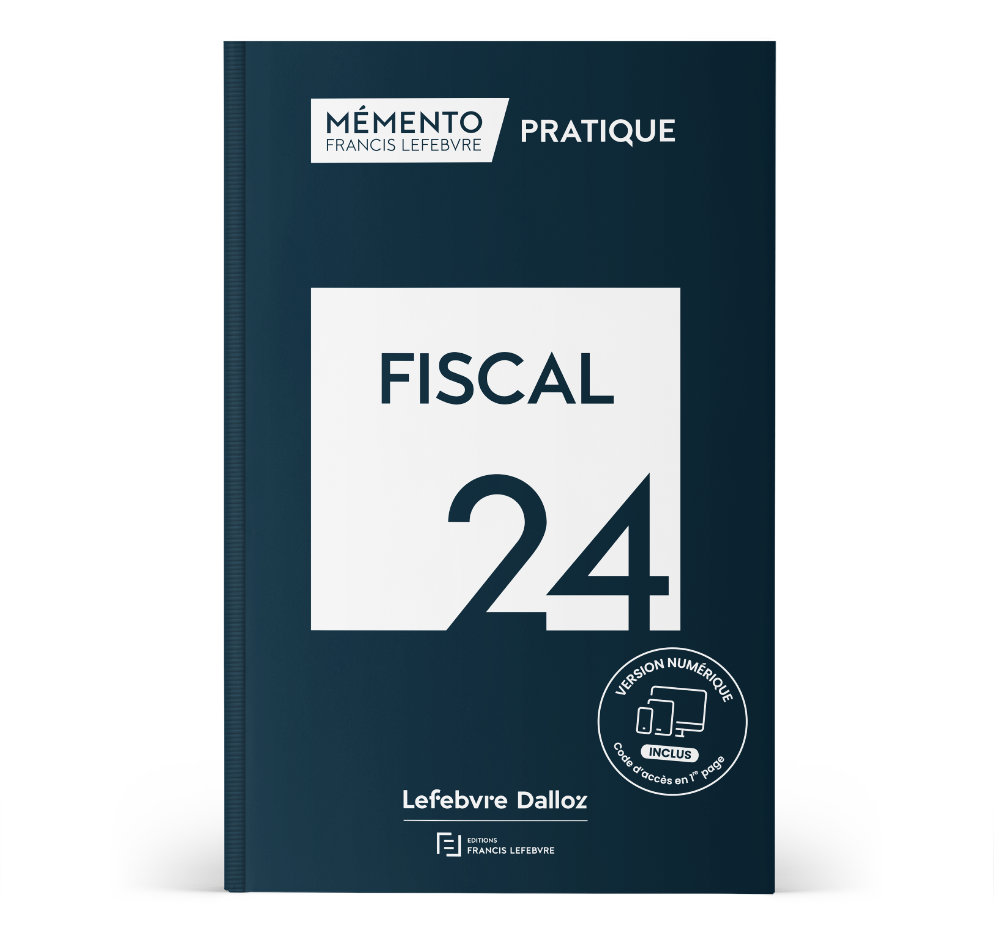An EU company law package due April 27 could be a good opportunity to impede letterbox companies, Séverine Picard of the European Trade Union Confederation told a panel on corporate taxation April 9.
Picard said letterbox companies have three main features: They’re international and “pick and choose the jurisdictions” that suit them the most; they’re an “artificial construction,” meaning the place of registration is not related to the place where the economic activity is taking place; and they have the same purpose — to avoid their legal obligations.
In the same panel, Mijke Houwerzijl, a professor of labor law at Tilburg University, the Netherlands, listed the three articles that underpin the freedom to move businesses in the EU: article 45 of the Treaty on the Functioning of the European Union, on the free movement of workers; article 49 on the freedom of establishment; and article 56 on the free movement of services.
Picard compared the situation to giving candy to a child and asking him not to eat it. “We asked [businesses] not to abuse the rules,” she said, adding that freedom is a “pillar of the treaty.”
She mentioned a series of cases in which the Court of Justice of the European Union confirmed that nothing should restrict a company in its desire to establish a business somewhere else. One example is Polbud — Wykonawstwo, C-106/16 (CJEU 2017), in which the Polish government opposed a Polish company that had transferred its registered office to Luxembourg. The company, Polbud, asked to be removed from the Polish National Court Register but was refused because it failed to provide evidence of a successful liquidation procedure. The company appealed that decision, arguing that no liquidation was needed because the company continued to exist as a legal person incorporated under Luxembourgish law. The CJEU sided with Polbud.
At the April 9 event on fair taxation, Picard said Polbud decided to move to Luxembourg “purely for tax reasons.” But the Court said “the fact that either the registered office or real head office of a company was established in accordance with the legislation of a member state for the purpose of enjoying the benefit of more favorable legislation does not, in itself, constitute abuse.”
Preventing abusive relocation is “not about restricting mobility,” but rather, is more about “defining where the economic activity [is] taking place,” Picard said. “We need clear criteria to pin where the company should be registered. Because company law does not require a unanimous vote by member states, impeding letterbox companies in the context of the company law package would be faster than the proposal for a common consolidated corporate tax base,” Picard said.
According to a source close to the talks, France and Germany asked the European Commission to include safeguards to make sure a company cannot abusively relocate to another member state. In its public consultation on the proposal, the commission asked for feedback on the need to authorize the transfer of corporate seats only when a company can demonstrate that it has a genuine economic link with the member state where it wishes to reestablish.
“The question on economic substance is linked to the EU blacklist of tax havens,” Johan Langerock, tax policy adviser at Oxfam, told the same panel April 9. He said the criteria linked to fair competition require countries to add substance to their regimes. “Now the question is what is this substance? And the EU has not concretely replied yet,” he said.
Langerock also mentioned the Netherlands’ upcoming controlled foreign corporation rules, which will enter into force in 2019. According to those rules, a company will be considered to have substance if it incurs wage costs of at least €100,000 and has its own office space for at least 24 months.
However, that “won’t stop a multinational from creating a letterbox company,” Langerock said, calling for substance requirements to be made “proportionate” to the flows coming in and out of the letterbox.
During the same panel, Prem Sikka, a senior adviser at the Tax Justice Network, renewed the call for public country by country reporting so each citizen “can become a responsible auditor.”
At a separate panel the same day, EU Tax Commissioner Pierre Moscovici said CbC reporting was ensconced into EU law but that the reports won’t be enough. He also called for the reporting to be made public but said the Council of the European Union did not put the proposal on its agenda. “Maybe the council thinks there is not enough pressure,” he said.
During a third panel, Achim Pross, head of the international cooperation and tax administration division at the OECD’s Centre for Tax Policy and Administration, spoke against public CbC reporting, saying it would undermine the global consensus on CbC reporting to tax administrations. “We need to see what existing proposals do, reflecting on the changes made before adding changes to the changes,” he said on a more general note.
The OECD’s base erosion and profit-shifting project “did not provide for public [CbC reporting]. But at least let’s not let that be an argument for not having real transparency,” Tove Maria Ryding, tax coordinator at the European Network on Debt and Development, told conference participants. “We’re sometimes told that public [CbC reporting] is a violation of BEPS, but don’t stop the rest of us if we want to move forward on that,” she added.
James Henry, an economist from Columbia University’s Center for Sustainable Development, said the United States has resisted public CbC reporting. “U.S. policies undermine OECD/G-20 consensus,” he said. “We encourage the race to the bottom, we encourage unilateralism and we provided, in the latest tax bill, a full employment program for (tax dodging) enablers.” Henry also said he asked a Mossack Fonseca official where he kept his money and the official answered, “Delaware.”
Mongolia, Namibia, and Palau “ended up” on the EU list of noncooperative jurisdictions for tax matters, Henry said. There is also “a gray list which includes some of the key havens,” but Switzerland, the United States and U.K. overseas territories are “destination havens” that are not “anywhere on this list,” he said.
Moscovici said the presence of Mongolia on the EU list “reveals the limits of the blacklist,” but that the list also has “its merits.” He said this is the first time the EU has agreed on such a list and he stressed that 62 countries made commitments to allay the EU’s concerns over their tax practices.
The Brussels event, titled “For a Fair, Modern and Efficient Corporate Taxation in Europe,” was organized by the Foundation of European Progressive Studies and the Progressive Alliance of Socialists and Democrats in the European Parliament, in partnership with the European Trade Union Institute, the Friedrich Ebert Foundation, and the Think Tank for Action on Social Change.
By Elodie LAMER
Cette information est extraite de notre service d'actualité taxnotes






